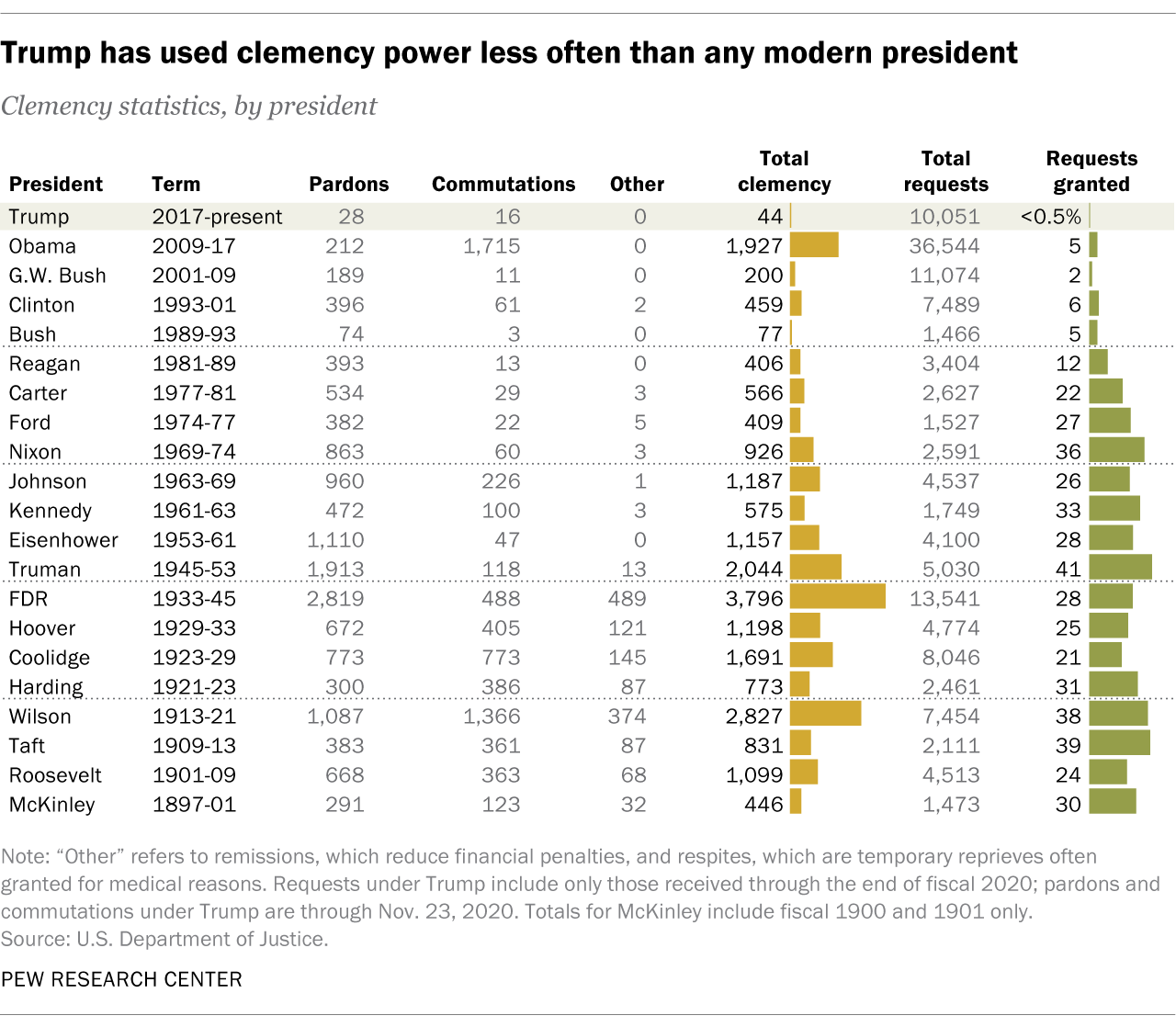This week the House of Representatives is expected to vote on a bill that would repeal the federal ban on marijuana, the first time the chamber has considered that move. While the bill is unlikely to get an enthusiastic reception in the Republican-controlled Senate, it is an important milestone in the fight against marijuana prohibition, which Congress enacted in the guise of a revenue measure 83 years ago and reaffirmed in the Controlled Substances Act (CSA) of 1970.
As currently written, the Marijuana Opportunity Reinvestment and Expungement (MORE) Act, introduced by House Judiciary Committee Chairman Jerrold Nadler (D–N.Y.), would remove cannabis from the CSA’s schedules and eliminate federal criminal penalties for growing, distributing, or possessing it. The bill would establish “an automatic process” for expunging the records of people who were convicted of federal marijuana crimes and authorize resentencing of federal prisoners serving time for such offenses.
The MORE Act—which has 120 cosponsors, all but one Democrats—also would prohibit the denial of federal public benefits because of convictions involving cannabis consumption and eliminate immigration disabilities based on marijuana-related conduct. Less promisingly, the bill would impose a 5 percent federal tax on cannabis products, assigning the revenue to law enforcement and a Community Reinvestment Grant Program aimed at providing “services for individuals most adversely impacted by the War on Drugs.”
Democrats had planned to vote on the MORE Act before the election but reconsidered, apparently in response to concerns raised by law enforcement groups and fears that supporting legalization would hurt rather than help some of their party’s candidates. House Majority Leader Steny Hoyer (D–Md.) recently announced that the vote will happen this week instead, probably on Wednesday, Thursday, or Friday.
Democratic skittishness on this issue may seem surprising in light of public opinion. According to the latest Gallup poll, 68 percent of Americans, including 83 percent of Democrats, favor legalization. While that poll found that 52 percent of Republicans still support prohibition, this month’s election results in three red states show that marijuana reform has cross-partisan appeal. Mississippi voters approved medical marijuana, Montana expanded its tolerance of medical use to include recreational consumption, and South Dakota became the first state to simultaneously legalize marijuana for both medical and recreational use. Recreational legalization also passed in Arizona, lately classified as a purple state, and in deep-blue New Jersey.
All told, 35 states recognize cannabis as a medicine, including 15 that also have legalized recreational use. The latter group includes about one in three Americans.
“I’ve been working on this issue longer than any politician in America and can confidently say that the MORE Act is the most comprehensive federal cannabis reform legislation in U.S. history,” Rep. Earl Blumenauer (D–Ore.), co-chair of the Congressional Cannabis Caucus, said in a press release last week. “Our vote to pass it next week will come after people in five very different states reaffirmed the strong bipartisan support to reform the failed cannabis prohibition. National support for federal cannabis legalization is at an all-time high….Congress must capitalize on this momentum and do our part to end the failed policy of prohibition.”
Despite their pre-election misgivings, House Democrats look brave compared to President-elect Joe Biden, a supposedly reformed drug warrior who continues to resist federal legalization, unlike most of the candidates he beat for his party’s nomination. His pro-legalization rivals included Vice President–elect Kamala Harris, a recent convert who sponsored the Senate version of the MORE Act. While the 2016 Democratic Party platform supported “a reasoned pathway for future legalization,” this year’s Biden-shaped platform does not even aspire to that vague goal.
Biden instead says he wants to “decriminalize cannabis use,” expunge the records related to such cases, and move marijuana to a less restrictive legal category. Those first two steps would not have much impact, since the Justice Department rarely prosecutes low-level possession cases. Moving marijuana from Schedule I of the CSA, a category supposedly reserved for exceptionally dangerous drugs with no accepted medical use, to Schedule II, which indicates that a drug has a high abuse potential but can be used as a medicine, might facilitate research. But it would not address the untenable conflict between the CSA and state laws that allow medical or recreational use of marijuana, which casts a dark shadow over the burgeoning cannabis industry.
Might House passage of the MORE Act nudge Biden in a more ambitious direction? If he can’t bring himself to support outright repeal of marijuana prohibition, maybe he could see the political appeal of amending the CSA so that it does not apply to state-legal conduct, as a 2017 House bill that attracted bipartisan support would have done. That approach would jibe with Biden’s promise to “leave decisions regarding legalization for recreational use up to the states,” and it should appeal to the federalist instincts of at least some Republican legislators.
If that is also off the table, Biden might be persuaded to support piecemeal reforms with a better chance of passing both chambers. The Secure and Fair Enforcement (SAFE) Banking Act, for instance, would protect banks that serve state-licensed marijuana businesses from the threat of criminal penalties and potentially ruinous regulatory sanctions. The bill, introduced by Rep. Ed Perlmutter (D–Colo.), attracted 206 cosponsors, including 26 Republicans, and passed the House by a margin of more than 3 to 1 in September. It would address a longstanding problem that makes it difficult for state-legal cannabusinesses to access financial services.
The Small Business Tax Equity Act would amend Section 280E of the Internal Revenue Code, which prohibits state-licensed marijuana suppliers from deducting business expenses on their federal returns. That bill, which was introduced by Blumenauer, would eliminate a disability that can raise a marijuana supplier’s effective tax rate to as high as 75 percent. It currently has just 11 cosponsors, including two Republicans. But it should be a relatively easy sell for Republicans who generally support federalism and champion small businesses.
Another Blumenauer bill, the Veterans Equal Access Act, would allow doctors in the V.A. health care system to recommend medical marijuana in states where it is legal. That bill has 21 cosponsors, including seven Republicans. It’s a modest reform that should appeal to legislators who want to be seen as standing up for veterans, especially now that 70 percent of the states allow medical use of cannabis.
Biden may never come around on marijuana legalization. But he could still support steps like these, which would significantly reduce the harm caused by federal prohibition. A historic House vote to repeal that ban would allow him to go further than he has so far without sacrificing his cherished reputation as a moderate.
from Latest – Reason.com https://ift.tt/3obsqXq
via IFTTT








